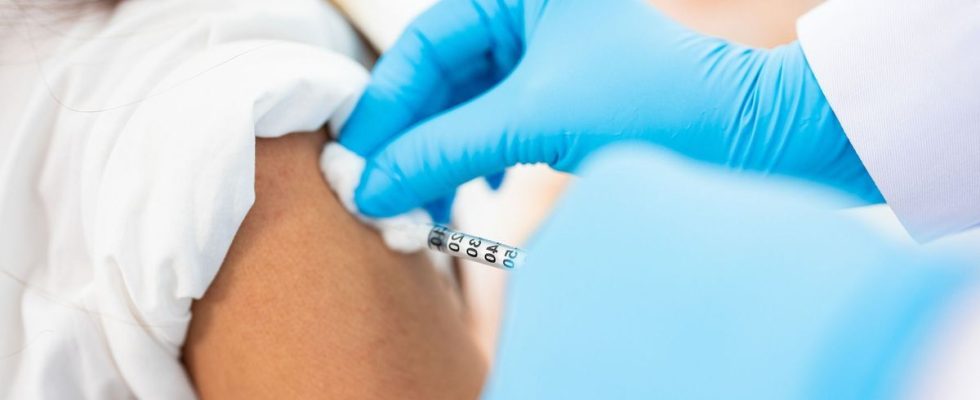Published on
Updated
Reading 2 mins.
According to Japanese researchers, the AMY109 antibody, administered in the form of monthly injections, could reduce lesions and adhesions in patients with endometriosis.
While taking certain medications can alleviate the symptoms of endometriosis – an inflammatory and chronic gynecological disease that affects nearly 10% of women – there is currently no definitive treatment. But, good news: researchers have discovered that an antibody – AMY109 – could reduce the lesions and adhesions caused by the disease. The results of this study are published in the journal Science Translational Medicine.
A reduction in the volume of nodular lesions
To arrive at this discovery, the scientists of the laboratory Chugai Pharmaceutical looked for differences in the expression of 250 genes involved in inflammation. 10 patients with endometriosis and 4 healthy people were recruited for this test. The researchers noted that disease progression was linked to inflammation and fibrosis. Interleukin-8 (IL-8) levels were closely linked to endometriosis inflammation and fibrosis reactions, a natural course of inflammatory lesions. Following these observations, IL-8 was a priority target for researchers who developed an antibody treatment (called AMY109) that binds to and blocks IL-8 signaling.
The research team then reproduced the lesions of the disease in a group of monkeys in “moving” from their endometrial tissues to other areas of the pelvis. Eleven of these primates received an injection of the AMY109 antibody and six received a monthly placebo for nearly six months.
At the end of the test, the researchers were able to observe a reduction in the volume of the nodular lesions in the first group of monkeys, as well as a marked improvement in the fibrosis and adhesions present.
A compound whose harmlessness has been proven in animals
If these first results were already promising, the research team wanted to confirm the safety of the injection. To do this, high doses of the antibody were injected into healthy male and female monkeys (without endometriosis).
Result ? The AMY109 antibody had no negative effect on the general health of the animals (weight, feeding routine, quality of sperm in males, menstrual cycles in females, etc.).
“This was a rather unexpected result, as several factors could contribute to fibrosis“, note the researchers. Despite everything “AMY109 antibody may represent disease-modifying therapy for patients with endometriosis.”
Human trials already launched
According The New Scientist, Chugai Pharmaceutical is reportedly already conducting a clinical trial of AMY109 in volunteers with and without endometriosis in Japan and Taiwan to ensure the safety of the compound. A second phase will determine the therapeutic dose and the efficacy of this compound on endometriotic lesions in humans. This process may take several years.
The only obstacle to this discovery: the effects of antibody therapy generally fade quite quickly. Therefore, despite its long action, AMY109 will have to be “injected monthly” specify the researchers.
